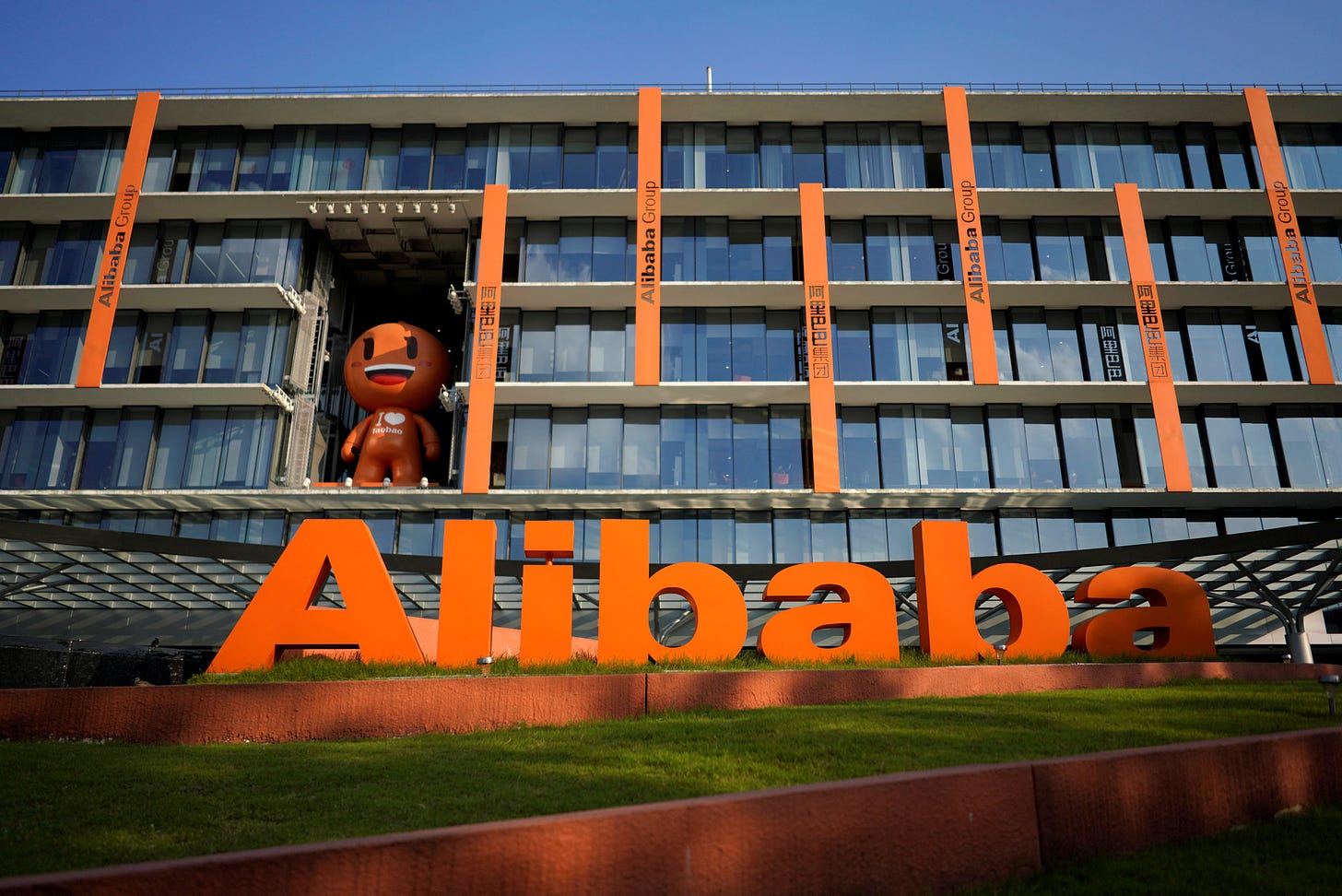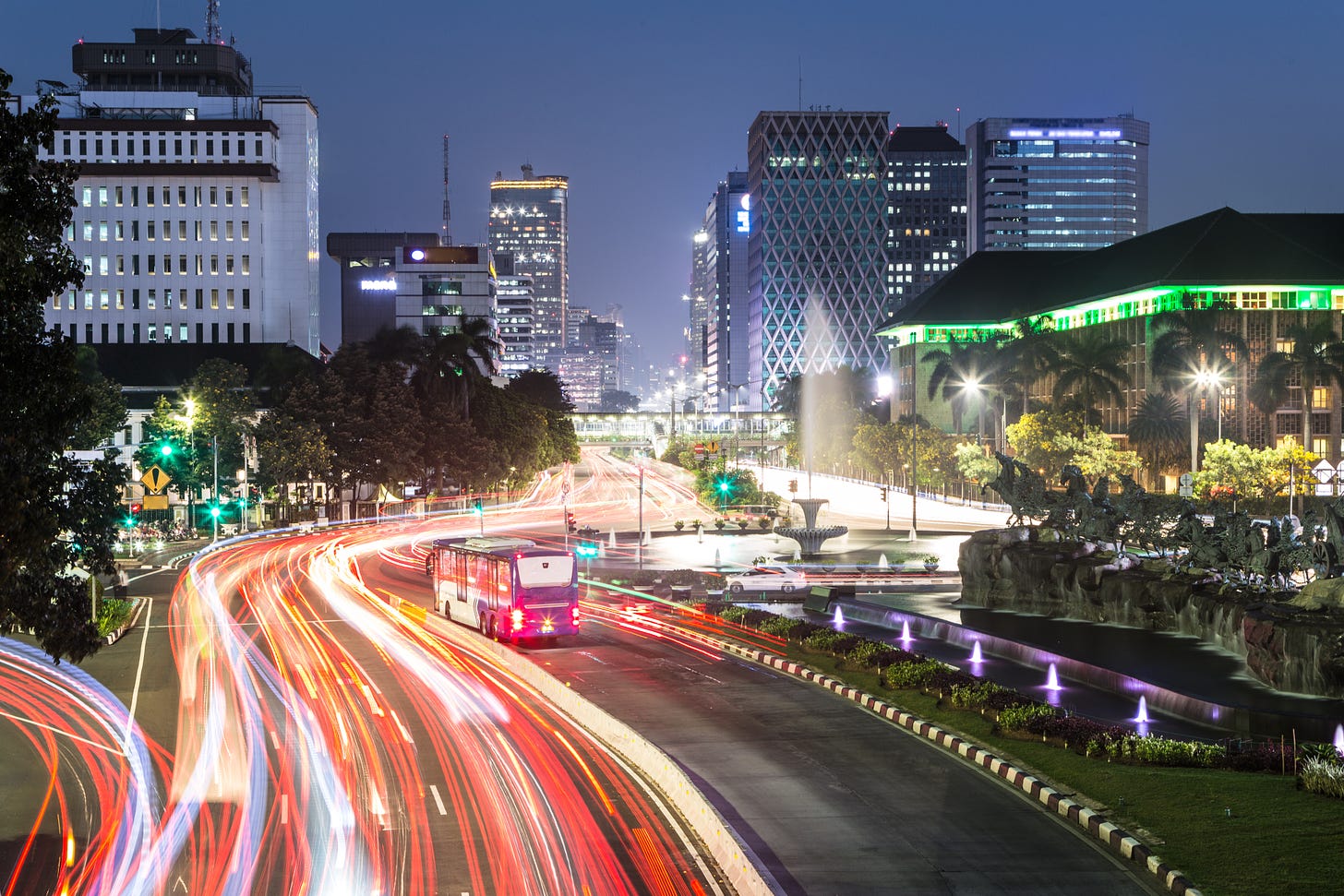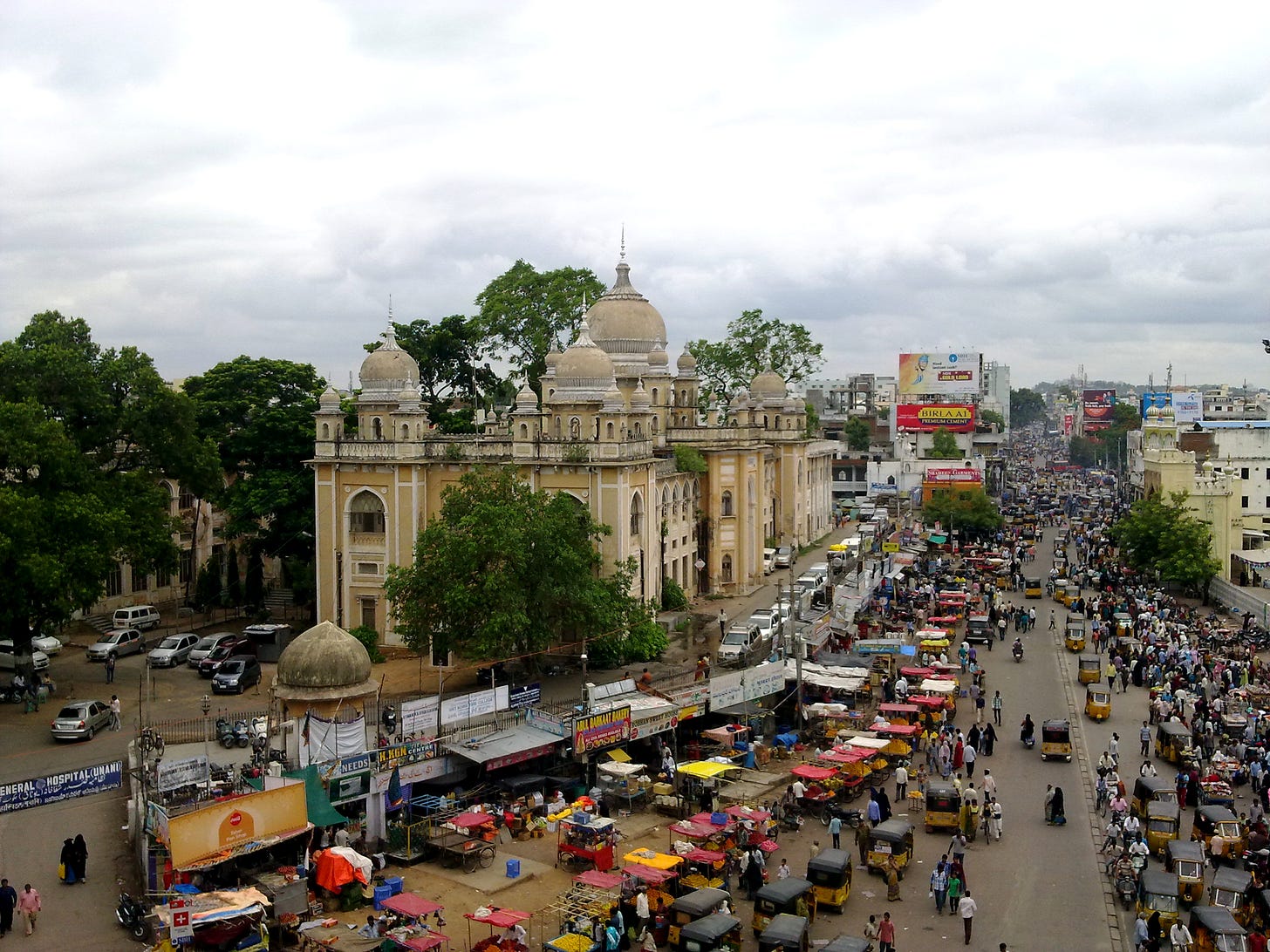Emerging Markets Monitor - July 5
Alibaba and China Tech Stocks Reviving, Bruised EM 'Ready' for U.S Recession, Indonesia Not So 'Fragile', Foreign Investors Flee India, African Gas and Europe
The Top 5 Stories Shaping Emerging Markets from Global Media - July 5
Alibaba Stock is Back in Groove. China Tech Stocks Set for a Strong 2H
Barron’s
“Alibaba lost almost half of its market value last year while the S&P 500 gained more than 25%, disappointing investors in Chinese tech stocks who had enjoyed years of benchmark-beating returns.”
“Now, with the S&P 500 in a bear market, the tide looks to have turned. Alibaba (ticker: BABA) stock is down 4% this year. That is a veritable victory considering the first six months of 2022: The S&P 500 declined almost 20% and the tech stock-heavy Nasdaq Composite slid nearly 29% in one of the worst first halves of the year in decades.”
“Shares in the Chinese e-commerce giant were up 1% in U.S. premarket trading on Tuesday, while the S&P 500 was poised to slip 0.5%. Alibaba has gained 17% over the past month alone, while the S&P 500 has lost 7%.”
“Why is Alibaba stock rising? Following almost two years of regulatory pressure in both Beijing and Washington and pain from a slowdown in China’s economy, analysts say the outlook is bright for Alibaba and its peers, such as JD.com (JD) and NetEase (NTES).”
“‘We expect China Internet ADRs to outperform the broader market and their US peers in [the second half of 2022] and recommend investors take the opportunity to participate in the China reopening recovery,’ wrote analyst Fawne Jiang of Benchmark in a note Tuesday.”
“That sentiment is echoed elsewhere. ‘We think Chinese equities will continue to stand out in the second half of the year. We retain our most preferred rating on China within Asian equities,’ Mark Haefele, the chief investment officer at UBS Global Wealth Management, wrote in a Tuesday note. ‘With valuations still at a discount relative to the U.S. market, we think there is room for Chinese equities to catch up in the months ahead.’” Jack Denton reports.
Bruised Emerging Markets Are Battle-Ready for US Recession
Bloomberg
"Emerging markets are well positioned to stare down a US recession and may even be able to lure investors their way.”
“That’s the message from money managers including JPMorgan Chase & Co. and Deutsche Bank AG even as fears of a contraction in the world’s largest economy spark a dash into Treasuries and other haven assets. Beyond the short-term turbulence, they say, developing nations will be cushioned by cheap valuations, higher yields, faster growth and above all, a resurgent China.”
“That sounds like a tall order given the current scale of losses in emerging markets. Stocks and bonds have been gripped by the sharpest slump since the 1990s, while currencies are suffering their worst losses on record, beating even the Covid rout of 2020. So why are investors expecting the developing world to show resilience when a US recession hits?”
“‘We may be close to peak pessimism,’ said Oliver Harvey, who heads currency research for central and eastern Europe, the Middle East, Africa and Latin America at Deutsche Bank. ‘There are reasons to think emerging-market performance could hold up better than in past recessions, including very low foreign ownership of local assets, a relatively high starting point for interest rates and cheap valuations.’”
“‘EM assets are cheap relative to history and to their developed-market peers,’ Grant Webster, Werner Gey van Pittius and Peter Kent of Ninety One, wrote in an email. ‘Current valuations suggest that a mild recession is already priced and that a hard recession -- although not our base case -- is not far off being priced.’”
“Of all the factors investors say would minimize the impact of a shrinking US economy, none ranks higher than China. They are betting on a rebound in world’s second-biggest economy in the second half as the government gradually eases Covid restrictions and policy makers loosen monetary settings.” Bloomberg reports.
Has Indonesia Shaken Its ‘Fragile’ Status in Emerging Markets?
Reuters
“A decade ago Indonesia earned the unwelcome label of being among the so-called ‘Fragile Five’ emerging markets, economies highly vulnerable to capital outflows and a currency slump whenever global interest rates rise.”
“But fast forward to a new round of monetary tightening led by the U.S. Federal Reserve, Southeast Asia's biggest economy and its capital markets have shown remarkable resilience, throwing a spotlight on whether the situation has fundamentally changed.”
“Indonesia's central bank is among the world's least hawkish, having given no hint of when it might lift rates, while inflation has only just nudged above the 2%-4% target range and the rupiah is one of emerging Asia's best performing currencies.”
“This contrasts with 2013, when the Fed's mere mention of plans to taper stimulus triggered destabilising capital outflows that saw the rupiah drop 20%, forcing Bank Indonesia (BI) to hike rates by 175 basis points.” Reuters reports.
Foreign Investors Flee India, Dump a Record $33 Billion in Shares
Financial Times
“Foreign investors have dumped a record $33bn of Indian shares since October last year, equivalent to 1 per cent of India’s market capitalisation, according to Goldman Sachs.”
“The sell-off has ended India’s outperformance against Asian markets during the coronavirus pandemic, when investors fleeing China hunted for other options in the region. Fund managers have been retreating from riskier assets including Indian stocks as rising interest rates, slowing growth and geopolitical uncertainty push people towards safety.”
“June’s $6.3bn monthly outflow of foreign investment was the biggest for Indian stocks since the pandemic erupted more than two years ago, and the ninth straight month of net foreign selling, according to Goldman Sachs.”
“‘The record foreign selling in India has been partly driven by rotation of money out of India to China/Asean,’ said Sunil Koul, Asia-Pacific equity strategist at Goldman Sachs, ‘and partly because of broader de-risking in Asia amid tightening financial conditions, dollar strength and growth slowdown concerns globally’.”
“India’s economy is still rebounding from the effects of the pandemic and the sell-off is not being interpreted as a sign of foreign investor disapproval toward the policies of Prime Minister Narendra Modi’s government.”
“But global commodity price rises triggered by Russia’s invasion of Ukraine have pushed up costs and depressed growth forecasts. The Reserve Bank of India has lowered its growth projection from 7.8 to 7.2 per cent for the next year.” The FT reports.
Africa’s Gas Rising in Importance for Europe
African Business
“Its political decision to reduce its dependency on Russia in protest at Moscow’s invasion of Ukraine means the EU is now scrambling for alternative supplies. In its REPowerEU plan, released on 8 March, the Commission specifically mentioned Egypt and West Africa as potential sources. But does this mean it is boom time for Africa’s gas?”
“At present, Algeria is by far the largest African supplier of natural gas to the EU, providing 12.6% of its imports in 2021 (45 bcm), according to the Commission’s statistics.”
“Nigeria is a distant second with 3.5% (12.6 bcm, according to S&P Global Platts Analytics) with Egypt just behind with 2.5% (9 bcm, according to the country’s Minister of Petroleum) in 2021. Egypt’s figure was, notably, a quadrupling over the year before.”
“Massimo Di Odoardo, vice-president, global gas and LNG research at Wood Mackenzie, says African producers will face stiff competition. ‘Africa is well positioned given its proximity’, he says. ‘But European demand might not be there forever, and others are trying to seize the opportunity, including in the US and the Middle East. Timing to market will be key. Africa needs to move fast if it wants to be a key supplier to Europe as it tries to diversify away from Russia.’”
“Some of those other suppliers are already expanding their output. In late March, the US committed to ‘work with international partners and strive to ensure additional LNG volumes for the EU market of at least 15 bcm in 2022’.”
“This would replace around 4% of the EU’s total gas imports this year, with higher volumes in prospect over the coming decade. However, this still leaves a significant gap to fill. What is the potential for African countries to ramp up supplies to the EU in the short term?” African Business reports.
“So often like this, in lonely places in the forest, he would come upon something--bird, flower, tree--beautiful beyond all words, if there had been a soul with whom to share it. Beauty is meaningless until it is shared.”
― George Orwell, Burmese Days







